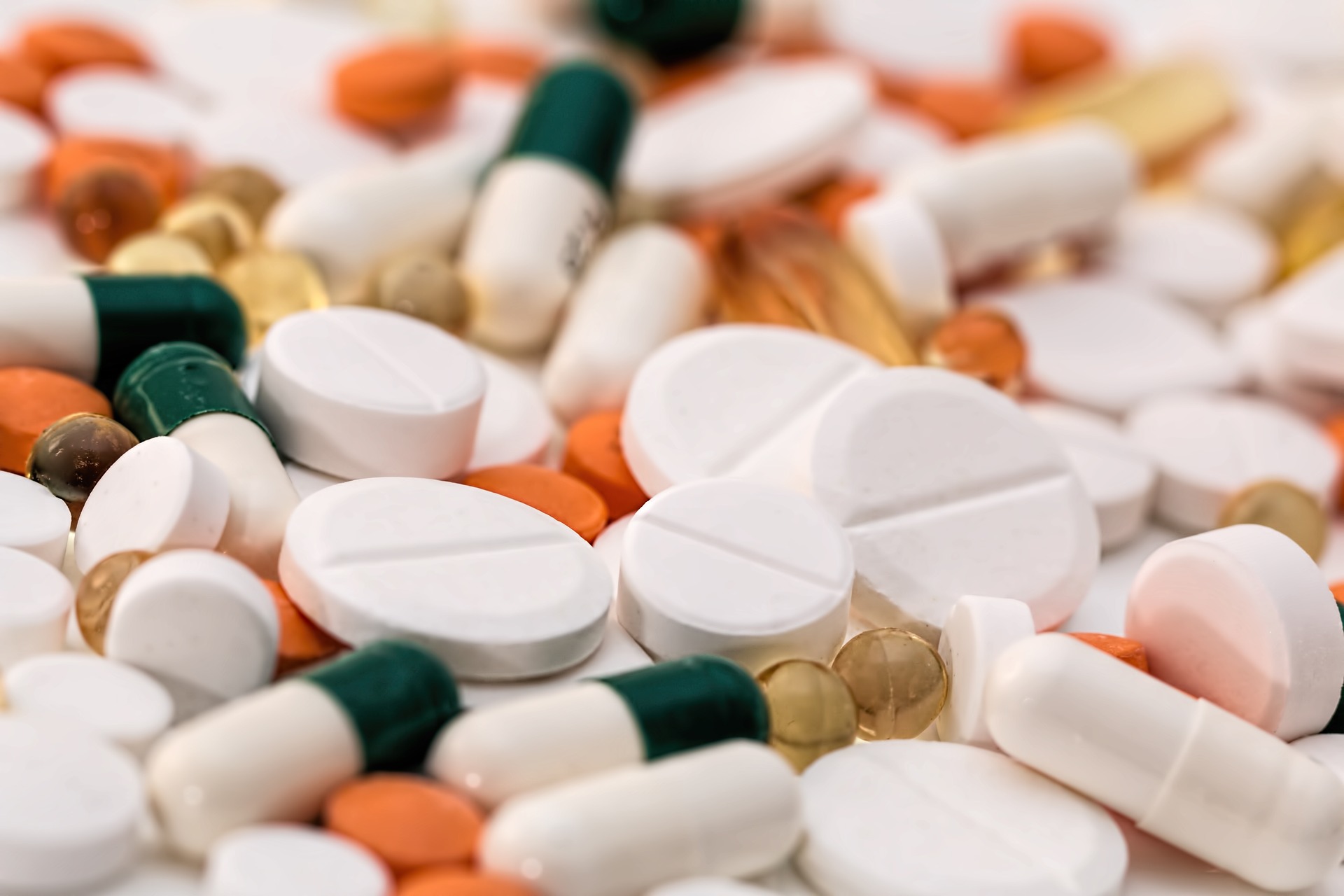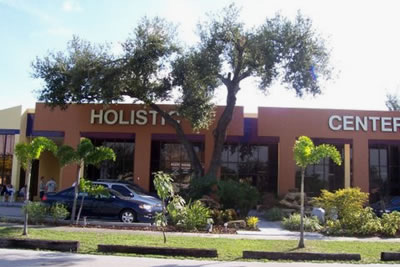Opioid Deactivation Pouches Donated to Pharmacies, Health Clinics, and Minnesota Drug Rehab Centers

During the first six months of 2016, over 80 people in Hennepin County died from heroin and opioid overdoses. Representatives from law enforcement, healthcare agencies, and Minnesota drug rehab centers recently met in St. Louis to discuss the community’s worsening opioid epidemic. At the meeting, a locally based pharmaceutical company announced it would donate 30,000 drug deactivation pouches to individuals and agencies that want to safely dispose of unused opioids.
If you are addicted to opioids and live in Minnesota, understand that you don’t have to overcome addiction on your own. Call our helpline at 888-414-2380 to talk to a caring treatment specialist about your local rehab options. We’ll help you find nearby treatment centers that can guide you along the path to a clean, fulfilling, and drug-free life.
Using Drug Deactivation Pouches to Prevent Opioid Overdoses

Opioid deactivation pouches can safely dispose of unused drugs.
Mallinckrodt Pharmaceuticals, which is based in St. Louis, is donating the drug deactivation pouches as part of an initiative to distribute one million pouches across the U.S. In Minnesota, the donated pouches went to law enforcement agencies, addiction treatment centers, retail pharmacies, and healthcare providers. The drug deactivation pouches were developed by Minneapolis-based Verde Technologies on behalf of a scientific research grant.
The pouches are designed to render opioids ineffective, and make them safe for disposal and the environment. Those who receive drug deactivation pouches can place unused opioids in the pouch, add water as directed, and toss the pouch in the garbage. If every pouch is filled to its 45-pill capacity, the donation could result in the disposal of up to 1.35 million opioids in the form of pills, patches, or liquid.
Opioid addiction is affecting communities nationwide, and considered an epidemic, according to the U.S. Department of Health and Human Services. Earlier this year, the state of Minnesota received a $1.6 million federal grant to address the epidemic. These funds went toward opioid rehab centers, law enforcement agencies, first responders, and other agencies invested in awareness, education, and prevention efforts.
Disposing of Unused Opioids to Prevent Overdoses
Many cases of opioid addiction begin at home in the medicine cabinet. Individuals are prescribed opioid painkillers to treat chronic pain for health conditions and surgeries, and go on to develop a dependence on the drug, especially when prescribed more painkillers than needed. Sometimes, friends and family members will take or steal unused opioids, and either abuse them or sell them to other users.
Addiction treatment experts say prescription opioids are often the gateway to more dangerous drugs such as heroin. Those who buy and use heroin are at higher risk for experiencing an overdose, given heroin is often mixed with deadly, potent synthetic opioids such as carfentanil and U-47700. In many cases, heroin addicts aren’t aware they’re using heroin laced with synthetic opioids, and overdose by accident.
Individuals who destroy unused painkillers using drug activation pouches are helping prevent opioid addiction and overdoses. Disposing of opioids prevents teens, friends, and family members from accessing unused painkillers, and lowers the risk for addiction. Disposing of opioids in this manner is also helpful when individuals susceptible to addiction live in the household.
If you or someone you care about is addicted to opioids, understand there are several rehab centers in Minnesota that can help you or your loved one overcome dependence. Call our 24/7 confidential helpline at 888-414-2380 to learn more about Minnesota drug rehab centers that specialize in treating opioid addiction.
